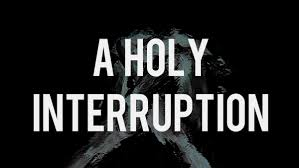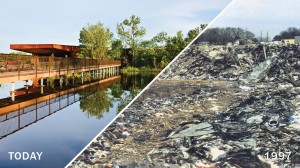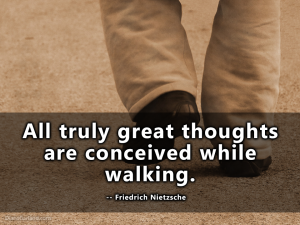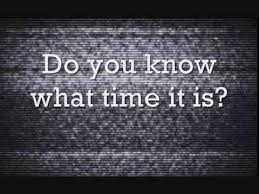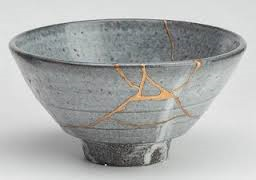My entire year here has been a conversation with God that has focused on two major questions; what now and what is next. The tension is one we all face between the present and the future. I’ve had to be in prayer, reflection and conversation with this community and my broader community of friends and family to navigate this unique time in my life. All of these things have allowed God to speak and for me to listen and respond.
The question of “what now?” was answered by doing what was in front of me. Every day I was invited to be present to my work on Transit, my relationships with residents and guests and to be present both in body and mind at prayers, meetings and times of formation. I’ve continued to ask myself “How is this particular scripture that we are reading speaking to me? What in the message at our service does God have for me? Whom can I bless, whether it’s a guest, resident or member of the larger community with my presence, perspective and hospitality?” I’ve also tried to be faithful to the needs that arise in the present, of making more coffee, an impromptu meeting or task, a spontaneous conversation that erupts at the dinner table. I’ve been present to the laugher in the kitchen and chapter room and made sure to enjoy the garden and walk the labyrinth as well. Mostly, it has been maintaining my commitment to do what is mine to do, presentations for Transit, washing dishes, cleaning dorms and tidying the Chapel. These things have both provided a sense of solidity, purpose and wonder.
The answer to “what’s next?” was aided by my time in VoCare, the school for vocational discernment. I learned how to discern what I might do in the future by listening to the lessons of the past and paying attention to what brings me energy in the present. Both inquiry, stepping into the deep questions and action, taking steps forward to test and explore, have provided great clarity. My work as a resident and with Rapid Transit in addition to lectures, trainings and conversations at Richmond Hill and with friends have helped me to do the work of self-discovery that has shaped what I plan to do next. I’ll stay in Church Hill, work in community development, write, pursue life coaching and hopefully participate in RUAH.
This has been a purifying time, of hard work and commitment, of joy and laughter, of good food and good fellowship. God spoke to me through all of these things; about who I am, who He is and what he has called me to do. He has come to me “disguised as my life” and I am glad to receive the gifts of the present and the hope for the future that Richmond Hill has provided.
This is my last post on this site for a while. If you like what you read, visit me at www.ebonywalden.com

